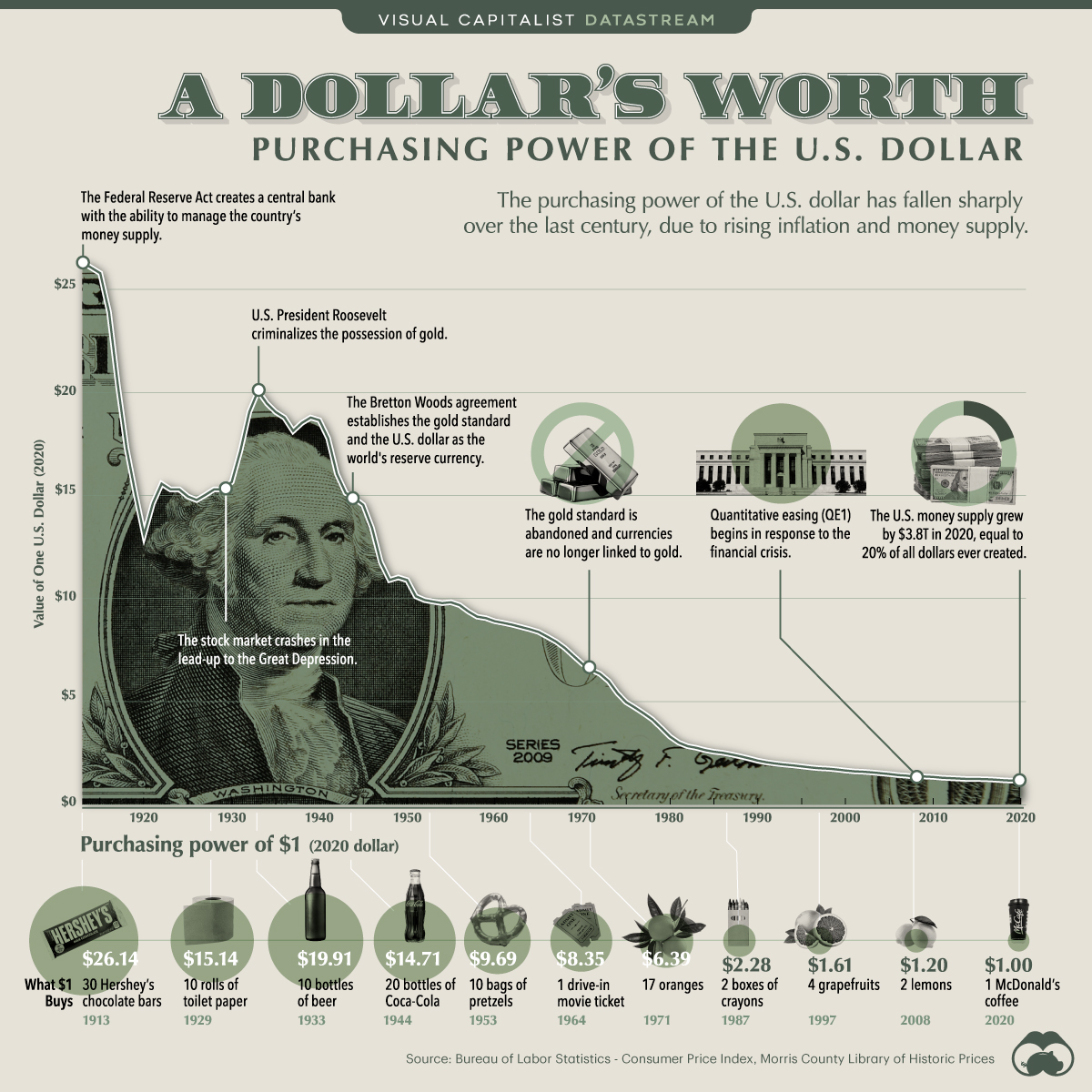
Article III of the US Constitution provides for congressional establishment of “inferior courts” — that is, courts other than the Supreme Court — and for congressional regulation of those courts’ jurisdictions.
In that sense, there’s nothing unusual about US Senator Mike Lee’s proposal for a streamlined appellate process where actions “commenced against the executive seeking injunctive or declaratory relief against the Executive,” other than the stilted writing and mismatched capitalization.
The problem Lee’s trying to solve, if it really is a problem, is that individual US District Court judges can, and sometimes do, issue injunctions with nationwide effect.
Lee’s proposal would require such actions to be heard by panels of three judges rather than by a single judge, with the Chief Justice of the Supreme Court selecting the judges. It would also require the Supreme Court to hear all appeals of injunctions issued by those panels.
No problem, I guess. It seems well within Congress’s powers as described above.
Unfortunately, Lee decided to give the bill a title that doesn’t match its effect. He’s calling it “The Restraining Judicial Insurrectionists Act of 2025.”
“Insurrection” has remained much on the public mind since 2021 when outgoing US president Donald Trump was accused of fomenting one with his January 6 “Stop The Steal” rally preceding the notorious Beer Belly Putsch, also known as the Capitol riot and, by many, simply as “the insurrection.”
Some unsuccessful attempts to bar Trump from the 2024 ballot as an “insurrectionist” followed, and Trump, now in his second term, recently took up the word himself, asking the Departments of Defense and Homeland Security to report to him with recommendations on “whether to invoke the Insurrection Act” so that he can use the armed forces to enforce his domestic immigrant abduction and deportation efforts (both departments are recommending against such an invocation).
It kinda feels like Lee wants to pander to Trump’s newfound fascination with “insurrection,” and that’s clearly working (Trump publicly agrees with Lee on the existence of something called “judicial insurrection” ).
Federal judges doing what federal judges are, at the moment, authorized to do (issue injunctions) based on what they’re constitutionally bound to support (due process) doesn’t really seem very insurrectiony, though.
Can you think of something, anything, that sounds more like an “insurrection” — defined as “obstructions, combinations, or assemblages, or rebellion against the authority of the United States?”
How about a rogue president and his co-conspirators invoking an extra-constitutional and ahistorical “unitary executive” claim to justify ignoring — when they’re not openly violating — laws they don’t like, in violation of the chief executive’s constitutional duty to “take Care that the Laws be faithfully executed?”
Trump, as Trump likes very much to do, is accusing others of doing what he’s actually doing himself in hopes of getting away with mischief.
As an anarchist, I’ve got no problem with insurrection as such. I’d just prefer insurrection in support of, rather than against, liberty. I guess the fake judicial insurrection looks a little more like that than the real Trump insurrection. But not much.
Thomas L. Knapp (X: @thomaslknapp | Bluesky: @knappster.bsky.social | Mastodon: @knappster) is director and senior news analyst at the William Lloyd Garrison Center for Libertarian Advocacy Journalism (thegarrisoncenter.org). He lives and works in north central Florida.
PUBLICATION/CITATION HISTORY

